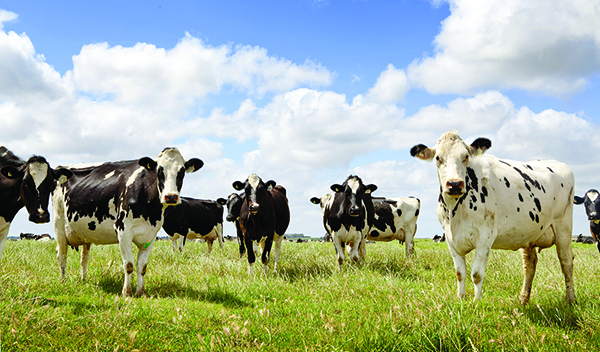Leave fawns alone, the mother is likely nearby


Spring is baby animal season in Wisconsin, and the public is reminded to leave fawns alone, while they’re out exploring the state, during the warm weather months. If someone encounters a fawn while outdoors, do not touch it or intervene in any way – there’s a good chance it’s right where it’s supposed to be and its mother isn’t far away.
In the first few weeks of life, fawns are left alone most of the day, and stay hidden, while their mothers stay some distance away, to avoid drawing attention to their fawns’ location. They lie still in brush or grass, keeping quiet until their mothers return.
Although the mother can return at any time of day to nurse the fawn, white-tailed deer are more active at dawn and dusk, which means the fawn can be alone for long periods between feedings.
“Fawns have specialized dietary needs that are not easily met and they need to learn normal social behaviors from their mothers,” said Jenna Fastner, DNR captive wildlife health specialist. “Keeping your distance and not intervening, gives the fawn its best chance for survival.”
It is rare that an unaccompanied fawn has been abandoned. If a fawn lying still and quiet, leave it alone; leave the area and do not go near the spot again. Do not touch the fawn or bring children, pets or friends to look at it. Doing so could endanger the fawn, by giving away its location to a predator and its mother won’t return to nurse the fawn, while people or pets are nearby.
“Fawns can walk from birth, but need a few weeks to grow fast enough to keep up with their mothers and avoid predators,” said Fastner. “Until they reach that point, their spotted coats and minimal scent are their best defenses from predators.”
For questions about encountering a fawn that appears sick or injured, call the DNR or a licensed wildlife rehabilitator for guidance. The public should note, it is against the law in Wisconsin, to possess a wild animal, without the proper license.


